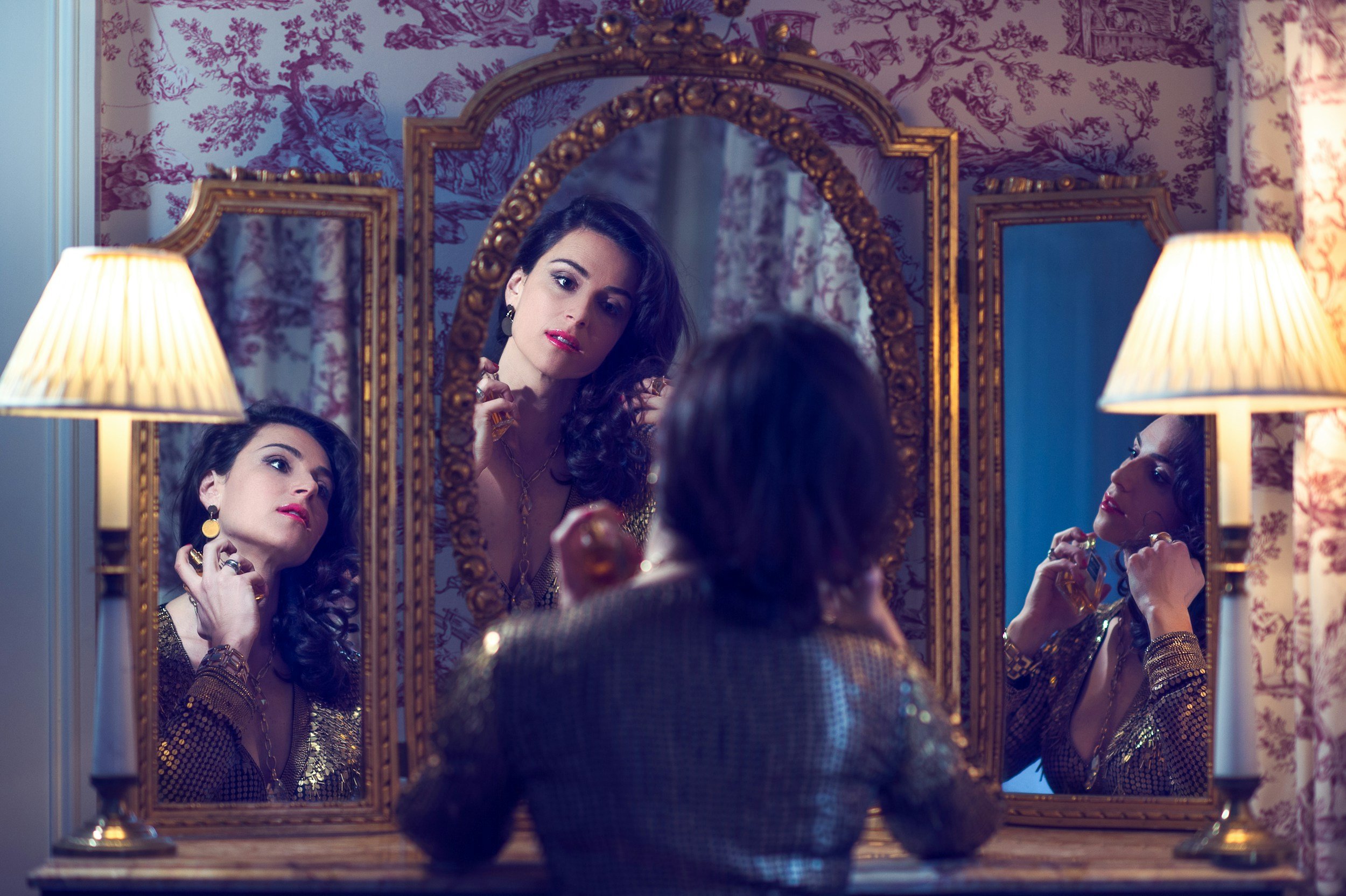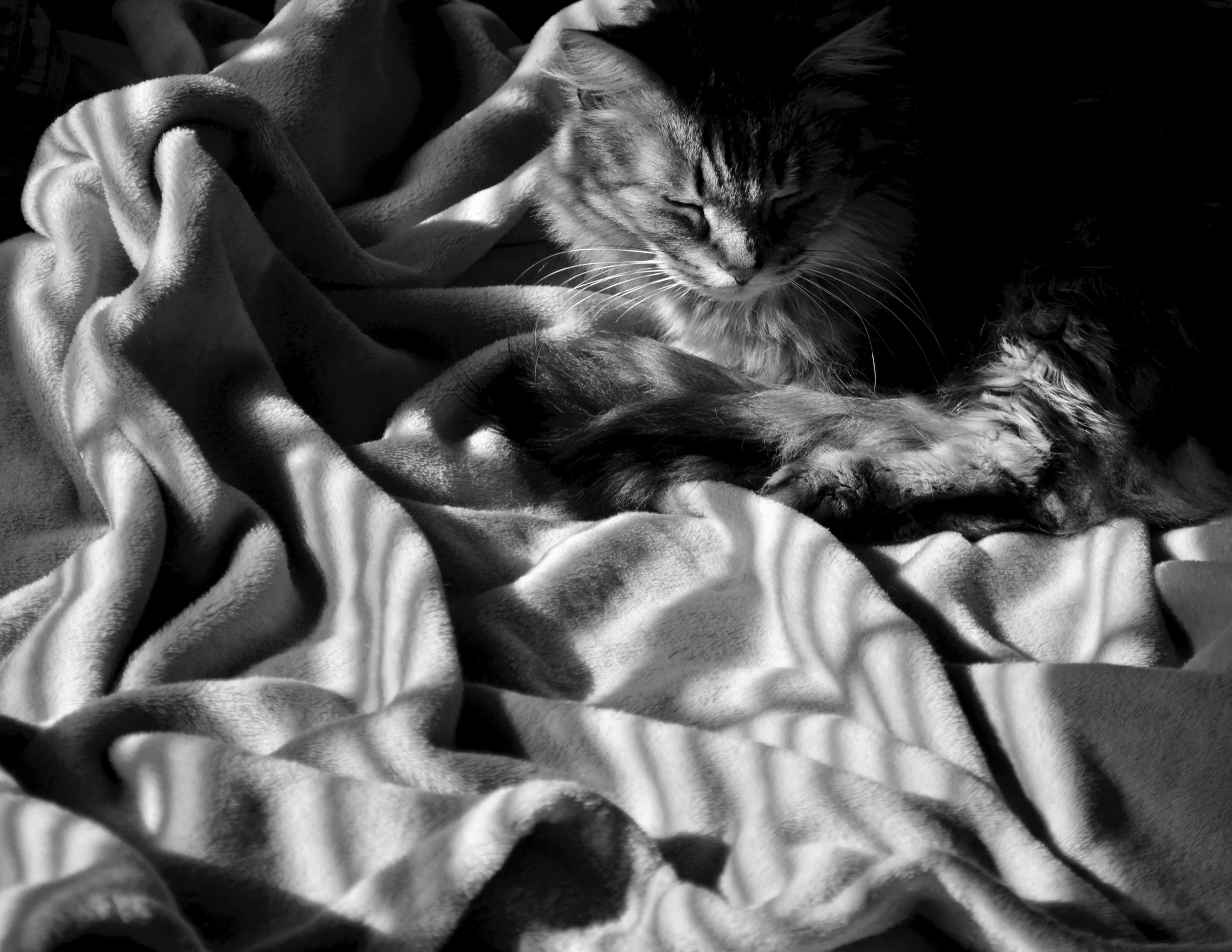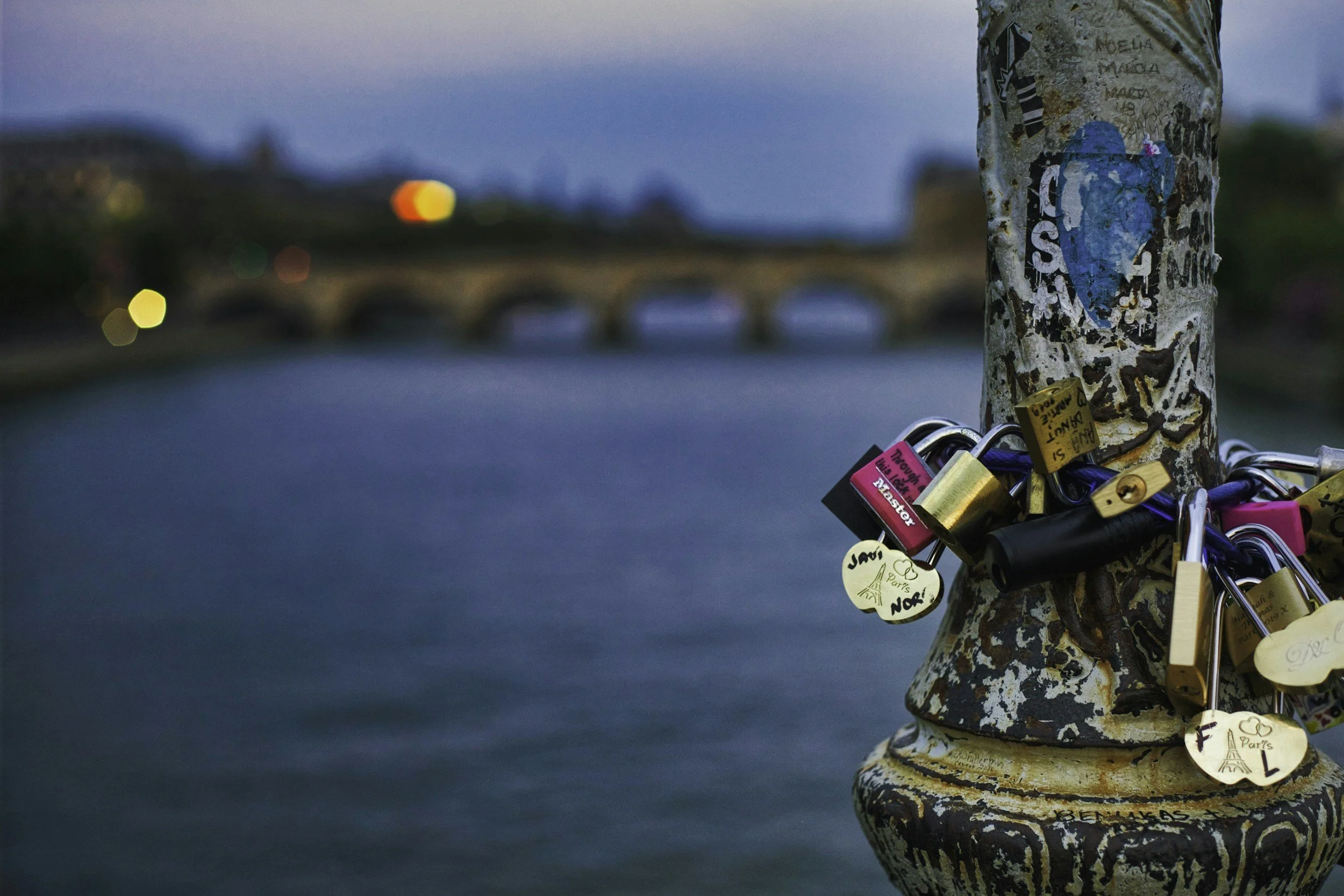As a child with ADHD, I often found it difficult to focus, stay organized, and manage my emotions. However, I discovered that play was one of the most effective ways to alleviate my symptoms and improve my overall well-being.
by Wanda Diep, LCSW.
Have you felt that lingering pang of guilt after feeling upset or even pissed the hell off at someone you care about deeply? Or frustrated when you notice feeling upset after something that’s “small” or “not worth getting emotional over”?
What you notice in these moments are called meta-emotions: feelings about your feelings. There are a few examples of these meta-emotions. Here are some of the most common I come across:
Guilt about feeling anger
Shame/embarrassment about experiencing jealousy (which can be viewed as a system of emotions, but that’s a conversation for another time).
Frustration with feeling sad, anxious, or “emotional”
Anxious about feeling anxious
Nervous about feeling happy
Okay, now I know what meta-emotions are. Why are they important?

by Andrew Kravig, LMFT.
I often feel like the new year (and all of the hype around it) arrives like an overenthusiastic motivational speaker— there’s the banging of pots and pans, folks shouting about “fresh starts,” and insisting this is the year everything changes. So much noise. Meanwhile, I’m standing over here in my mismatched socks, feeling emotionally exhausted, and wondering if it’s acceptable for me to set my expectations somewhere between “survive” and “remember to drink water.”
I live with chronic depression. And living with depression has a way of muting the fireworks. No matter how big and beautiful those fireworks might be. While the calendar flips with explosions of confetti and enthusiastic countdowns, my brain tends to respond with a kind of cautious squint. Hope feels fragile. Light feels far away. And yet—annoyingly, persistently—January still shows up, asking me what I want from the new year.

by Wanda Diep, LCSW.
When it comes to building and strengthening meaningful relationships, mattering plays a huge role. It’s one thing to say “you matter to me,” but there’s a different sense of security when this is felt.
Back in the 1980s, a couple researchers by the names of McCullogh and Rosenberg broke down mattering into three parts: attention, importance and dependence. It’s updated now to a version of awareness, importance and reliance. Let’s look at the three components a little more closely:

by Andrew Kravig, LMFT.
We live in a world that seems to be moving faster each day—spinning with uncertainty, division, and painful change. Whether it’s the weight of global events, personal loss, or the quiet ache of feeling ungrounded, many of us are walking through life carrying more than we put into words. And in these moments—when the ground beneath us feels shaky—what we most long for is often what we most resist: compassion for ourselves.
Self-compassion is not a passive turning away from reality. It is not about excusing ourselves or avoiding discomfort. Rather, it is a courageous presence—a tender and honest attending to our own hearts. In the midst of inner and outer storms, it becomes a gateway to clarity, resilience, and peace.

by Brianna Patti, LMFT.
If you’ve ever googled something like “how can i get my partner to show up for me,” you’re probably familiar with popular teachings of Gary Chapman’s The 5 Love Languages (1992). Many people have sought solace in this ideology as they weathered impasses in their relationship. Partners who feel distanced from their significant other can receive a glimmer of hope as they read about simple prescriptions for connection that they can suggest to their partner. It’s important to honor that this framework has provided millions of people with concise language that began important conversations about deep emotional needs.

Convenient to Long Beach and Seal Beach at:
4510 E Pacific Coast Hwy, #540, Long Beach, CA 90804
contact@prospecttherapy.com | (562) 704-4736

